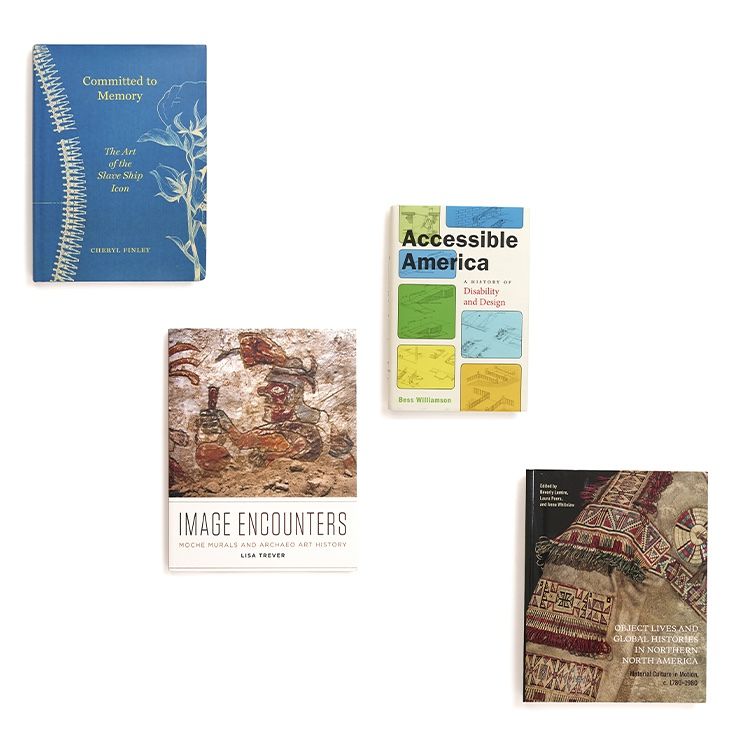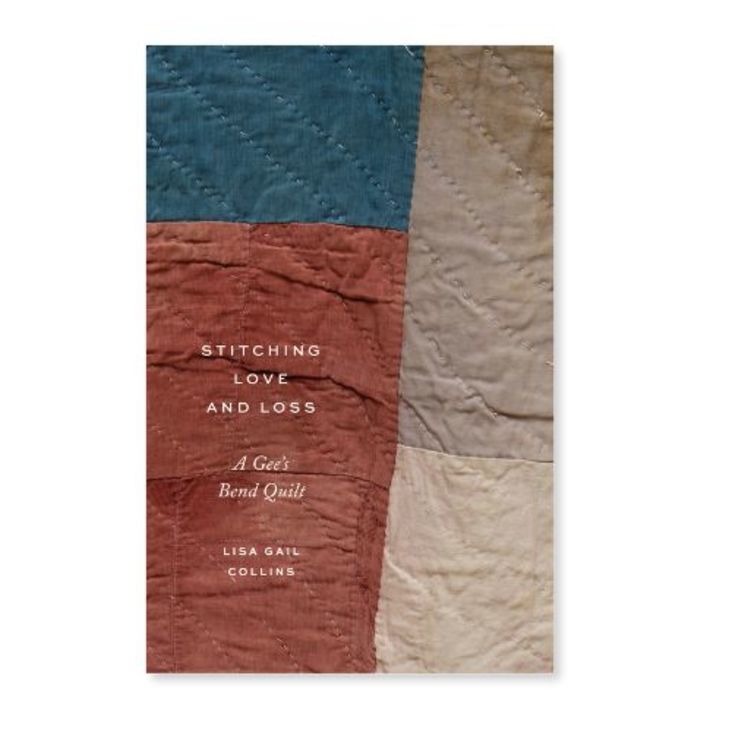












38 West 86th St.
New York, NY 10024
212.501.3000
admissions@bgc.bard.edu
18 West 86th St.
New York, NY 10024
212.501.3023
gallery@bgc.bard.edu
BGC Gallery is currently closed.
38 West 86th St.
New York, NY 10024
212.501.3000
admissions@bgc.bard.edu
18 West 86th St.
New York, NY 10024
212.501.3023
gallery@bgc.bard.edu
BGC Gallery is currently closed.
Ethnicity, Labor, Literacy, and Resistance in Eighteenth-Century Quebec Slavery
Charmaine A. Nelson
Nova Scotia College of Art and Design (NSCAD) University in Halifax, Canada; BGC Research Fellow
May 4, 2021
12:15 – 1:15 pm
Charmaine A. Nelson will give a Brown Bag Lunch presentation on Tuesday, May 4, at 12:15 pm. Her talk is entitled “Joe the Pressman: Ethnicity, Labor, Literacy, and Resistance in Eighteenth-Century Quebec Slavery.”
Transatlantic slavery was built upon physical brutality. But it was also premised upon cultural prohibitions, social deprivation, and the pervasive practice of overworking the enslaved, sometimes to death (Ghachem, 2012). The resulting lack of leisure time, material impoverishment, and prohibitions on literacy prevented the enslaved from documenting their own lives. Lamentably, fugitive slave advertisements are today “the most detailed descriptions of the bodies of enslaved African Americans available” (White and White, 1995, p. 49). This powerful assertion extends to enslaved populations across the Americas; particularly regions, like Canada, where abolition predated photography. The fugitive slave archive which the co-founder of the Quebec Gazette William Brown (five ads) and Quebec City Sheriff James Shepherd (one ad) produced for the enslaved African-born man named Joe, reveals the complex physical, cultural, and political dimensions of Canadian slavery which have yet to be fully explored. Their use of the printing press in Quebec City to hunt Joe—when he ran away multiple times across at least nine years—aligns with its exploitation across the Americas and Europe as a tool to sustain slave owner power. By running away, Joe participated in a common form of slave resistance. But what made Joe decidedly uncommon was his African birth in a province full of Black Creoles (born in the Americas), the duration and frequency of his escapes, and the nature of his highly skilled labor as the bilingual pressman (English and French) of Brown’s Quebec City printing shop. This talk will explore Joe’s life as an enslaved male in Quebec through the complex intersecting lenses of his ethnicity, labor, literacy, and resistance.
Charmaine A. Nelson is a professor of art history and a Tier I Canada Research Chair in Transatlantic Black Diasporic Art and Community Engagement at Nova Scotia College of Art and Design (NSCAD) University in Halifax, Canada where she is also the founding director of the first-ever institute focused on the study of Canadian slavery. Prior to this appointment she worked at McGill University (Montreal) for seventeen years. Nelson has made ground-breaking contributions to the fields of the visual culture of slavery, race, and representation, and Black Canadian studies. She has published seven books including The Color of Stone: Sculpting the Black Female Subject in Nineteenth-Century America (2007); Slavery, Geography, and Empire in Nineteenth-Century Marine Landscapes of Montreal and Jamaica (2016); and Towards an African Canadian Art History: Art, Memory, and Resistance (2018). She is actively engaged with lay audiences through her media work including ABC, CBC, CTV, and City TV News, The Boston Globe, BBC One “Fake or Fortune,” and PBS “Finding your Roots.” She blogs for the Huffington Post Canada and writes for The Walrus. In 2017, she was the William Lyon Mackenzie King Visiting Professor of Canadian Studies at Harvard University.
38 West 86th St.
New York, NY 10024
212.501.3000
admissions@bgc.bard.edu
18 West 86th St.
New York, NY 10024
212.501.3023
gallery@bgc.bard.edu
BGC Gallery is currently closed.

